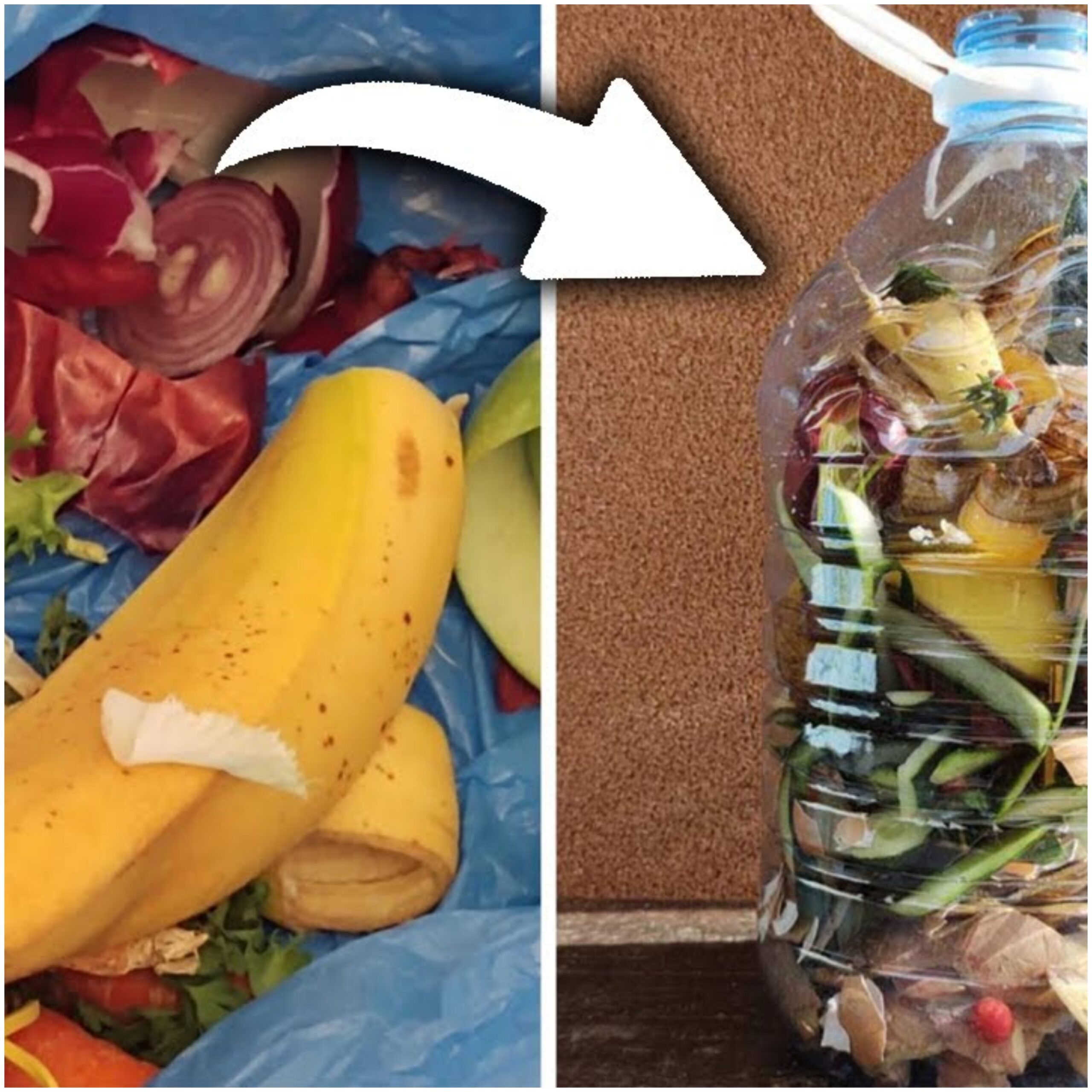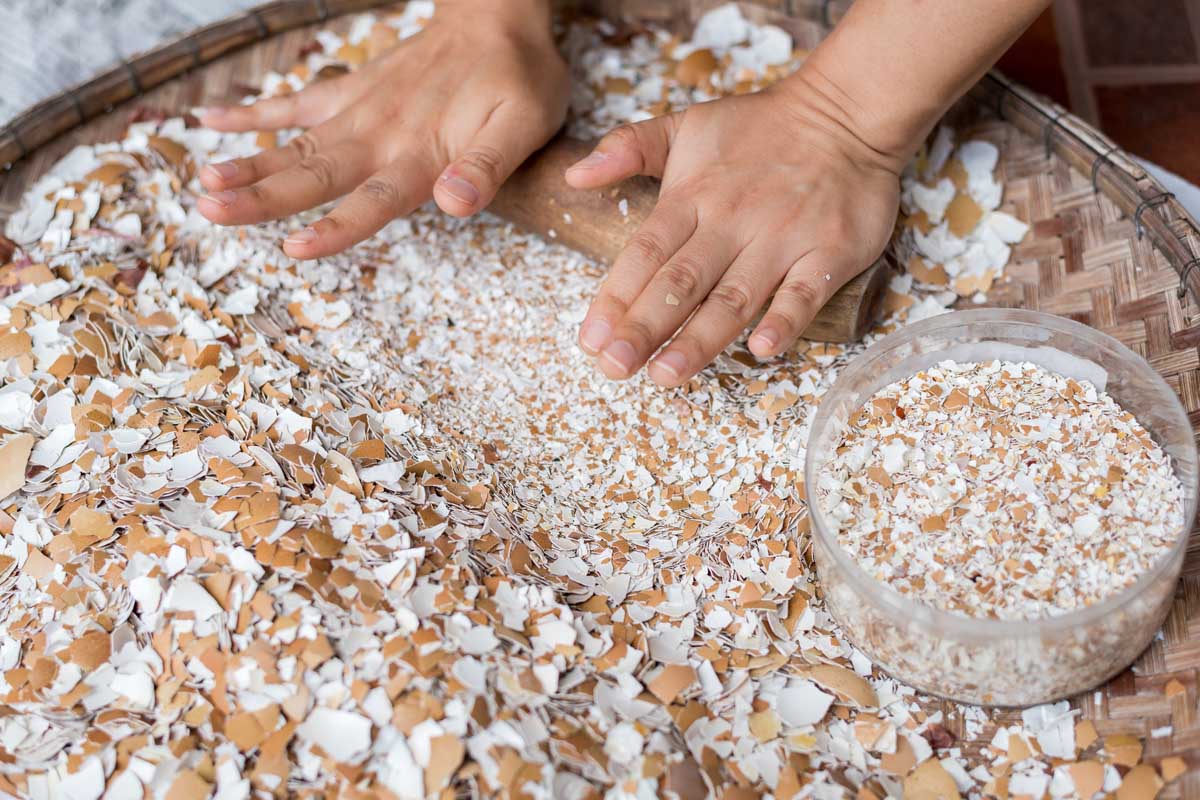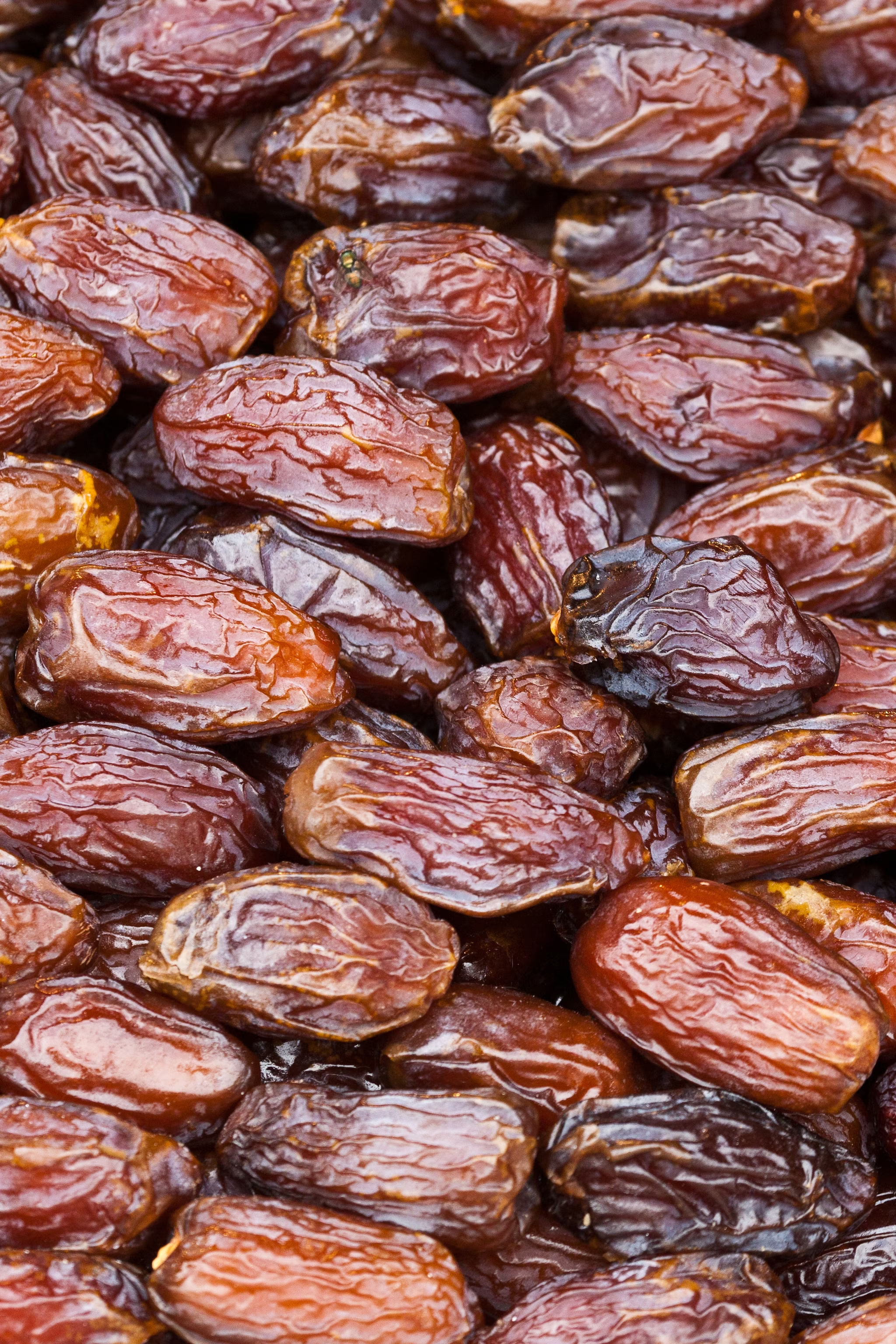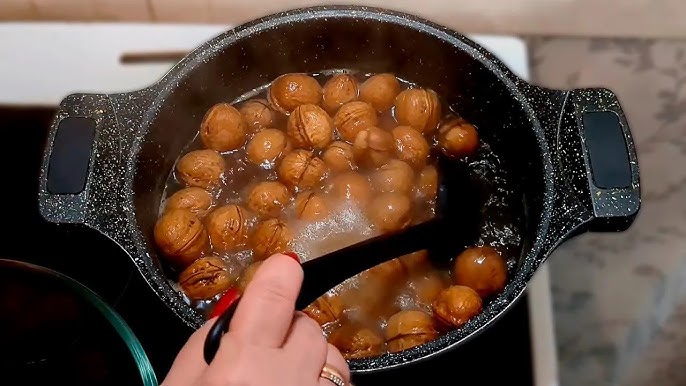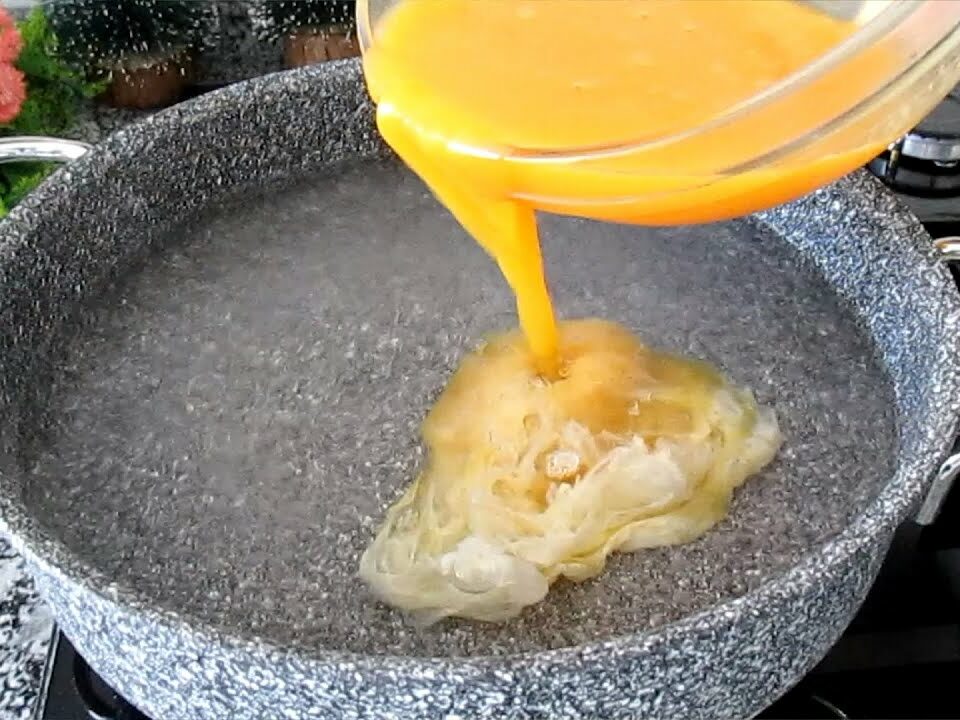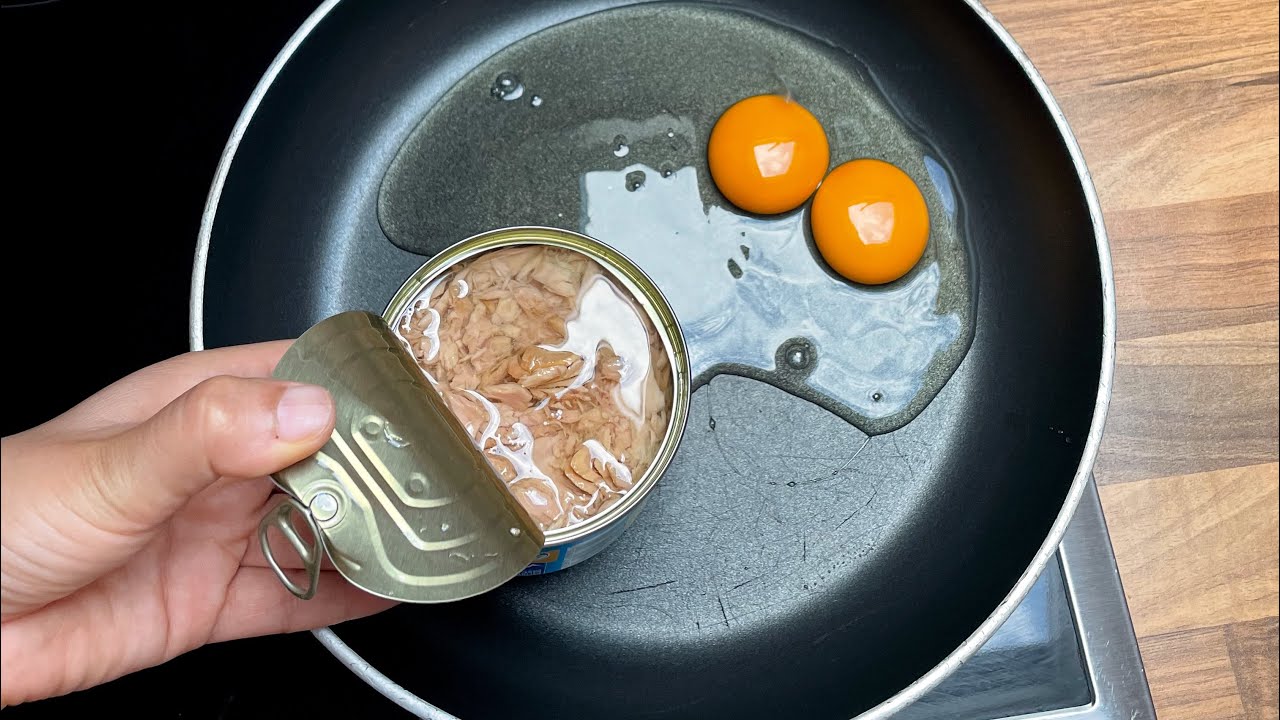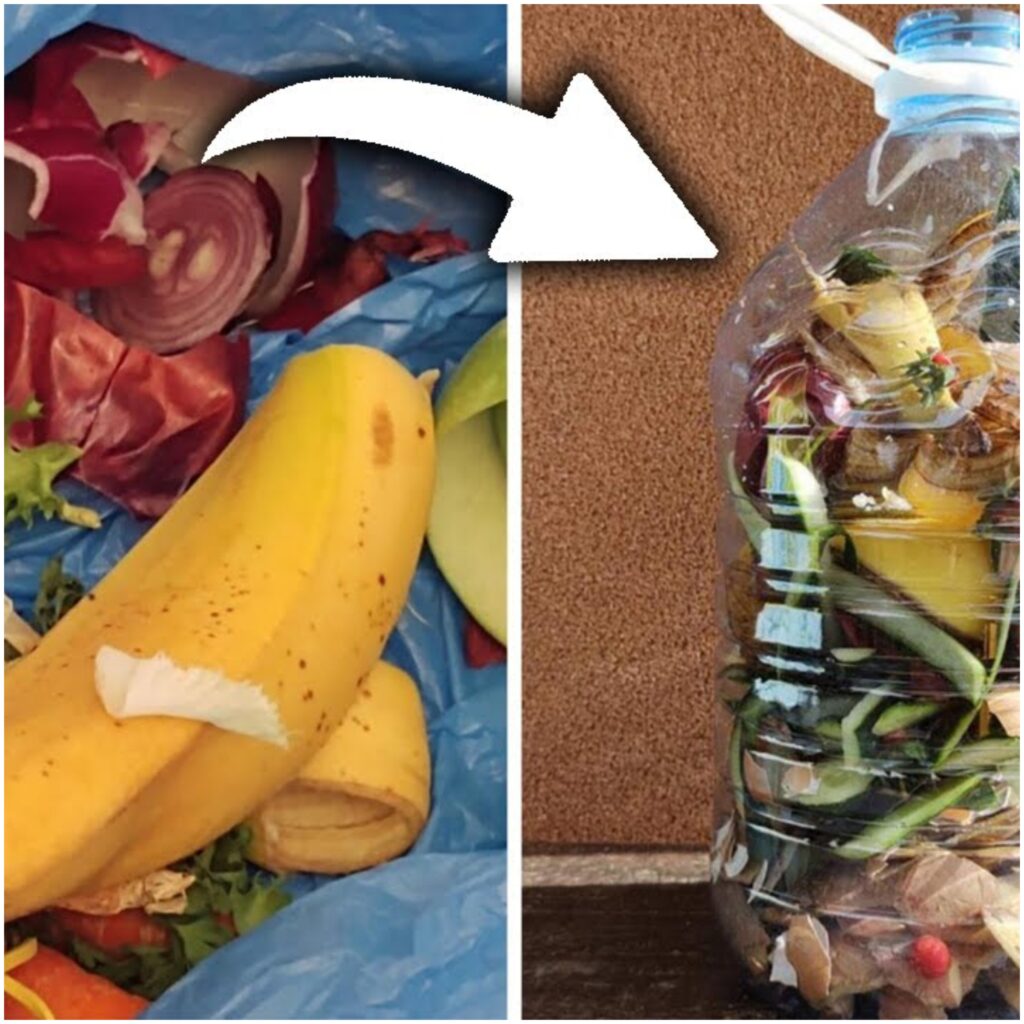
You might be wondering why anyone would put kitchen scraps in a plastic bottle. It may sound unusual at first, but this simple practice can offer numerous benefits for your garden, home, and the environment. Here’s why I’ve made it a habit to store kitchen scraps in plastic bottles and how you can do it too.
Creating Nutrient-Rich Fertilizer
One of the main reasons I collect kitchen scraps in a plastic bottle is to create a nutrient-rich fertilizer for my garden. This DIY approach is a great way to recycle organic waste and nourish your plants.
How It Works:
-
Collect Scraps: Save vegetable peels, fruit scraps, coffee grounds, eggshells, and other compostable materials.
-
Fill the Bottle: Place these scraps into a clean plastic bottle. A wide-mouthed bottle works best for easy filling.
-
Fermentation Process: Add a little water to the bottle and seal it. Over time, the scraps will break down and ferment, creating a liquid fertilizer.
After a few weeks, you’ll have a nutrient-rich mixture that can be diluted with water and used to feed your plants.
Reducing Kitchen Waste
Storing kitchen scraps in a plastic bottle helps reduce the amount of waste that goes to the landfill. Instead of throwing away organic materials, you can repurpose them to benefit your garden. This practice not only cuts down on waste but also helps you live more sustainably.
Controlling Odors and Pests
Keeping kitchen scraps in a sealed plastic bottle is an effective way to control odors and prevent pests. Unlike an open compost bin, a sealed bottle keeps smells contained and prevents insects or rodents from being attracted to your kitchen waste.
Steps to Ensure Success:
-
Keep It Sealed: Always keep the bottle tightly sealed to avoid any unpleasant smells.
-
Store Appropriately: Store the bottle in a cool, dark place to aid the fermentation process and prevent any leakage.
Easy to Handle and Use
Using a plastic bottle to store kitchen scraps is convenient and easy to handle. The bottle can be easily transported to your garden when you’re ready to use the fertilizer. Additionally, the liquid form of the fermented scraps makes it simple to apply directly to the soil or mix with water for a plant feed.
Final Thoughts
Putting kitchen scraps in a plastic bottle is a simple yet effective way to recycle organic waste, create natural fertilizer, reduce kitchen odors, and live more sustainably. Give this method a try and see how it can benefit your garden and home. It’s an easy step towards a greener, more eco-friendly lifestyle!
